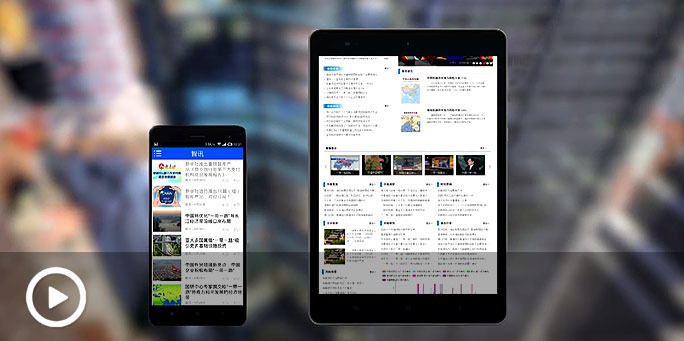TASHKENT, July 2 (Xinhua) -- Abdullah Begmatov, 54, who has more than a decade of experience of growing cotton in Uzbekistan, is very confident in his traditional irrigation practice. But in the face of new technology, he started to waver.
Uzbekistan's President Shavkat Mirziyoyev signed a decree in December 2018 on urgent measures to create favorable conditions to use drip irrigation technology in cotton production across the country.
Since then modern water-saving technology has been applied to cotton fields on many farms in the country, the Central Asian region's largest cotton producer.
Among the farms was Humoyun farm in Bayavut district of Syrdarya region, more than 150 km from the capital city Tashkent, where Chinese-Uzbek workers work in a cotton field that differs sharply from neighboring traditional ones.
According to Qi Kai, head of the Chinese-Uzbek demonstration center for modern water-saving agro-technologies, the Chinese company Xinjiang Tianye, China's largest water-saving facility development and production company specializing in water-saving irrigation, supplied drip irrigation technology under plastic film mulch to Uzbekistan.
"This technology is used in cotton plantations of Humoyun farm with a total area of 58 hectares for the first time. All necessary equipment and agricultural machines were delivered from China at the end of February this year, and it took a month and a half to install the drip irrigation system and sow cotton seeds," he said.
The head of the farm, Abdullah Begmatov, said the Chinese irrigation method was developed based on modern advanced technology and deserves the highest praise.
"Thanks to the Chinese technology, cotton sprouts began to grow in 5-6 days, it is about five days earlier than using traditional irrigation methods. I am very glad that I work in partnership with Chinese specialists and colleagues," said the farmer.
Begmatov said this technology has several advantages. It saves water by reducing evaporation and peripheral water flow losses. It also significantly saves energy, labor, fuel and lubricants, among other materials.
Water is pumped to these cotton plantations. With drip irrigation, less water is required, and less energy is wasted as it needs less pump operation, he said.
It also saves 30-40 percent of mineral fertilizers and increases crop yields by 30-70 percent than traditional irrigation. Other advantages include convenience of inter-row cultivation and fewer weeds.
According to farm employee Sherzod Kodirov, using drip irrigation saves farmers from exhausting labor and help them acquire more skills.
"I work as an operator to control the irrigation process. If traditional method is used in this plantation, at least six irrigators are needed. Now one worker with special skills is managing this process. Thus, it is very important to train professional personnel for the technical operation of this system," he said.
Drip irrigation is a new farming system that opens up broad prospects for the further development of Chinese-Uzbek agricultural cooperation and the implementation of the Belt and Road Initiative globally, said Yang Kaiwen, Chinese expert and director of the project management center from the Xinjiang Tianye company.
"We are convinced that in natural and climatic conditions of the Central Asian region, including Uzbekistan, as well as in new market conditions, when water is gaining a real price, there is no alternative to water-saving technology," Yang added.
















Latest comments